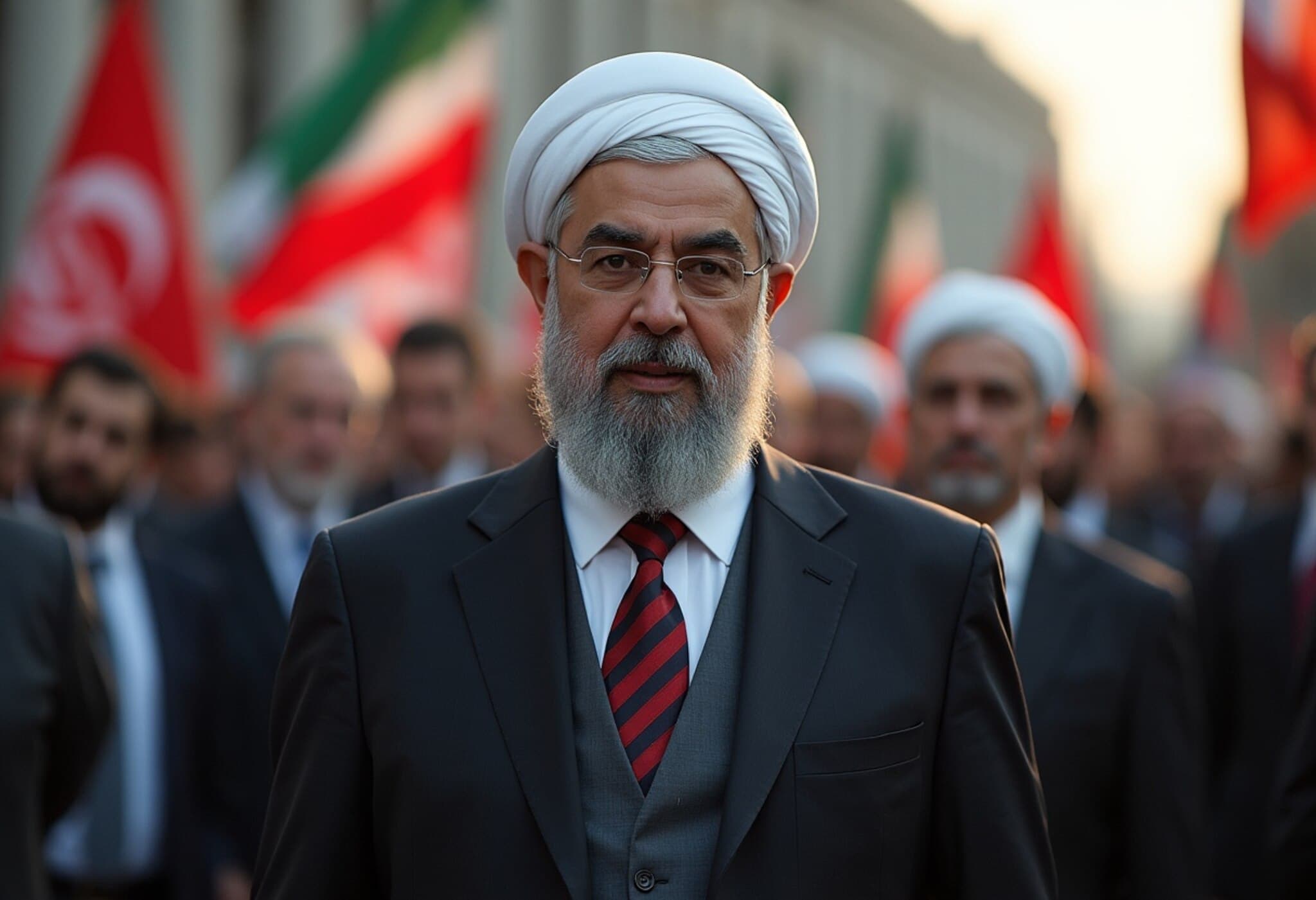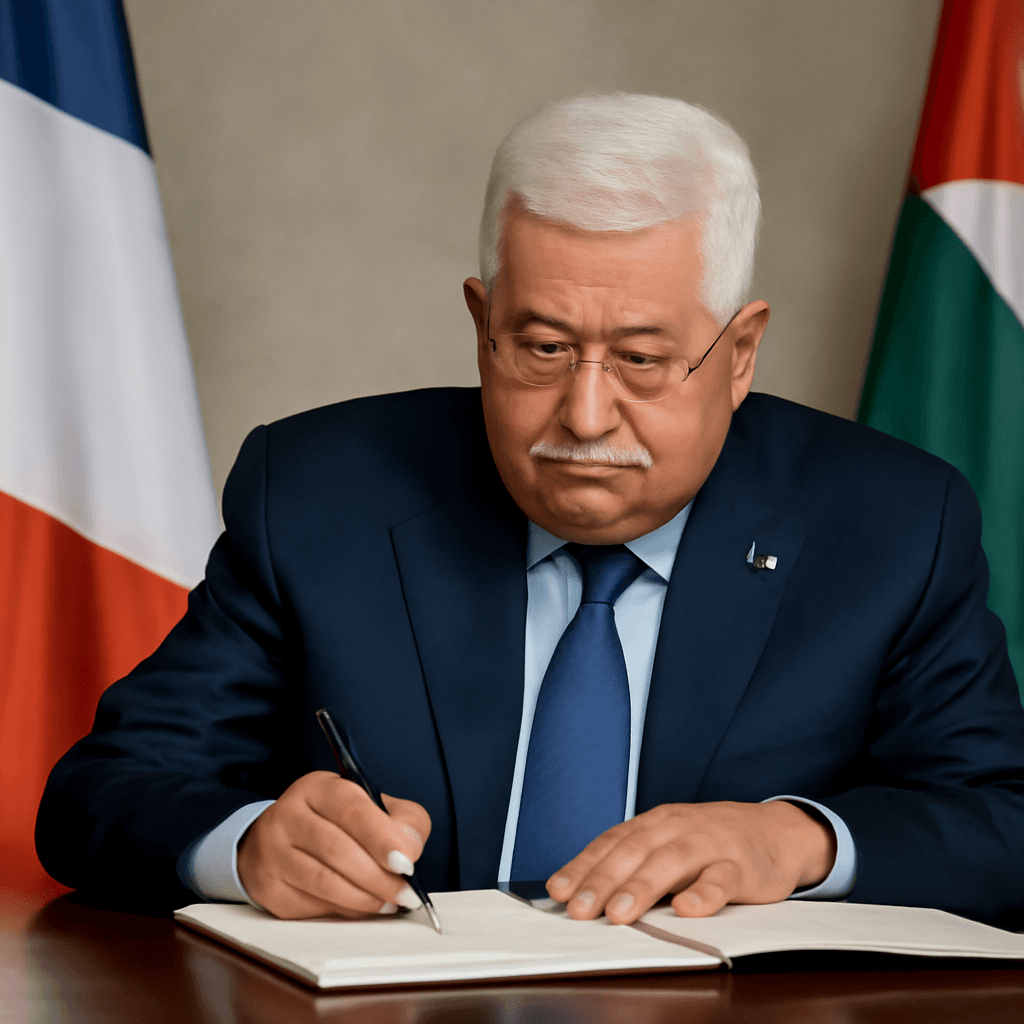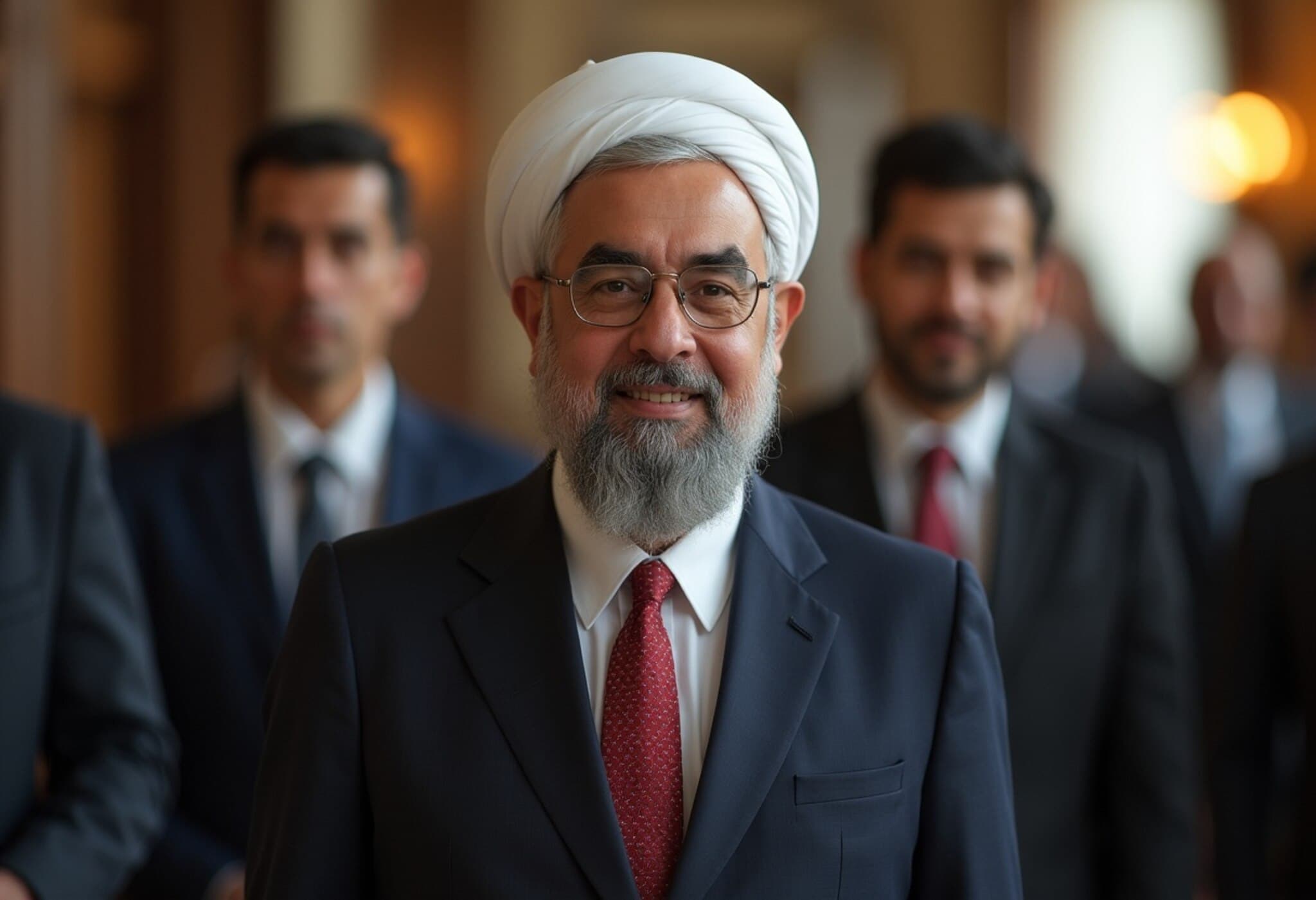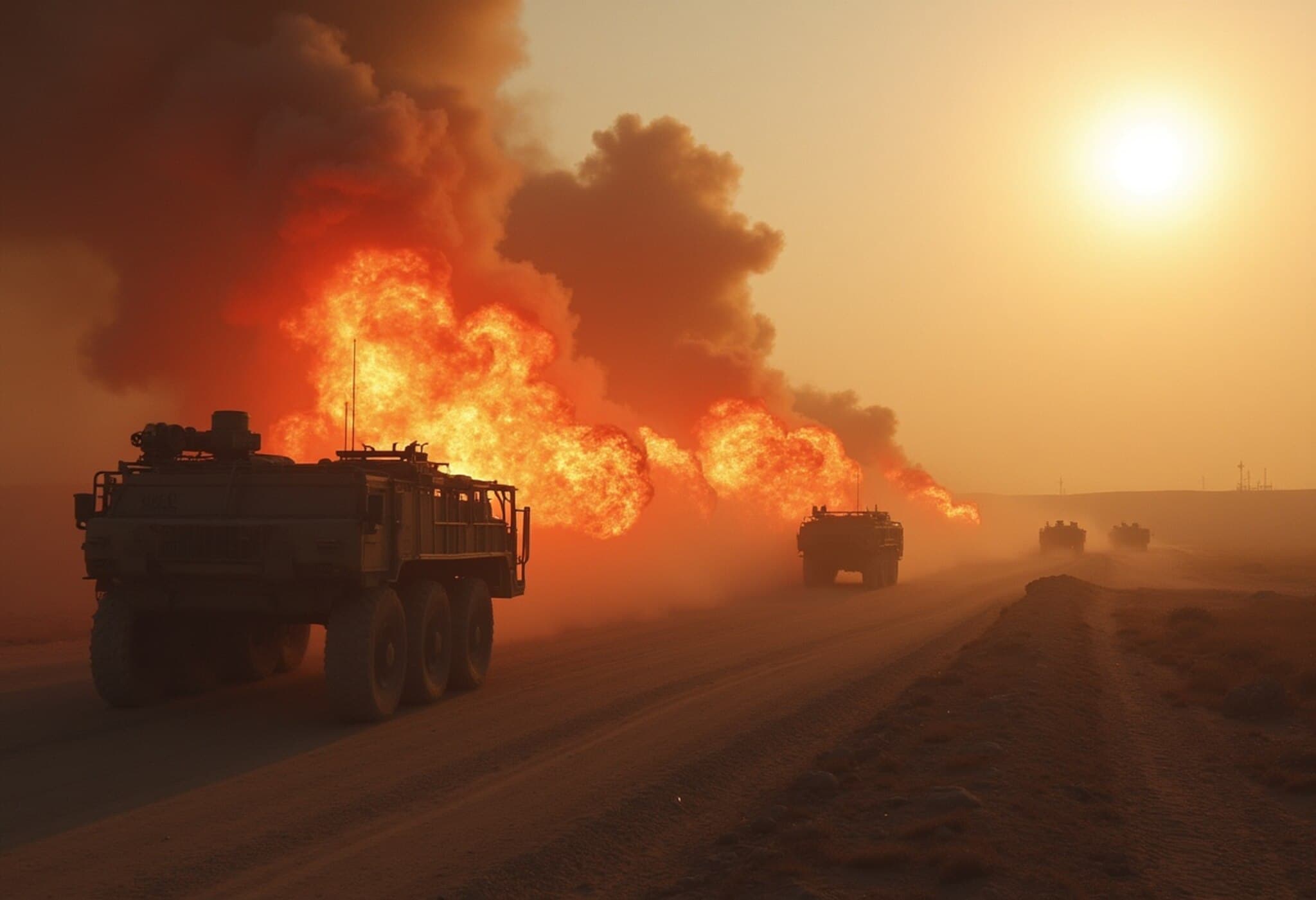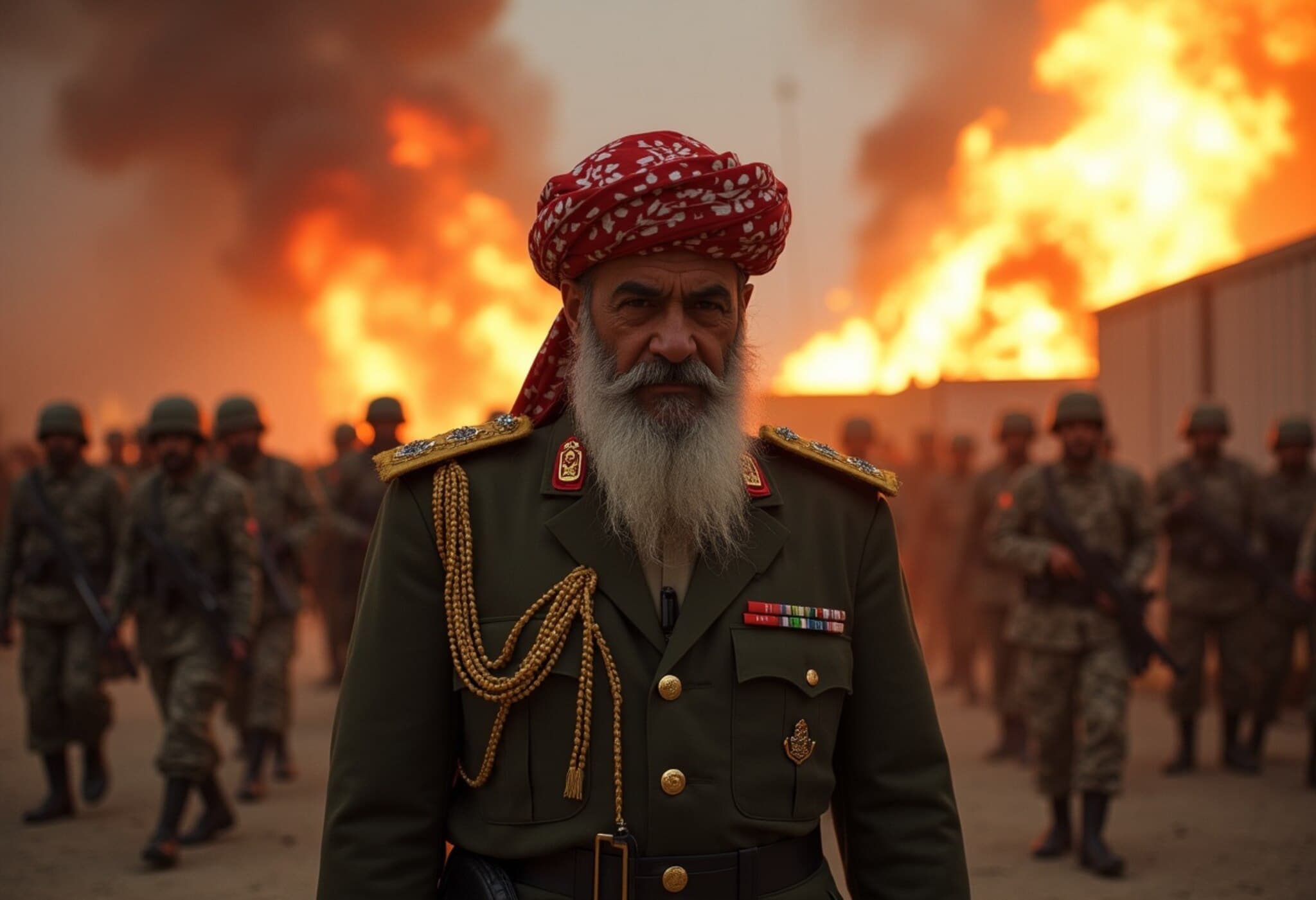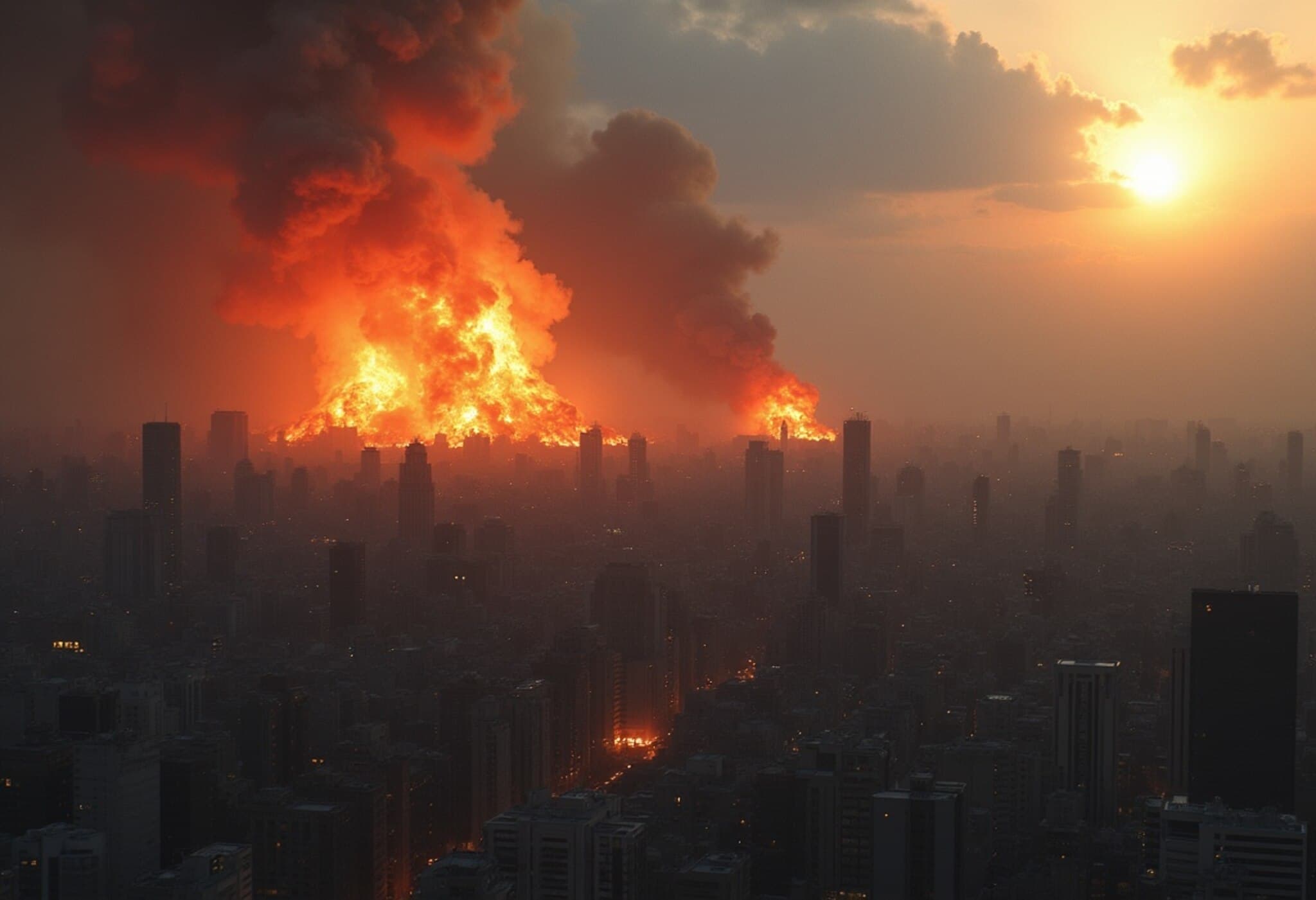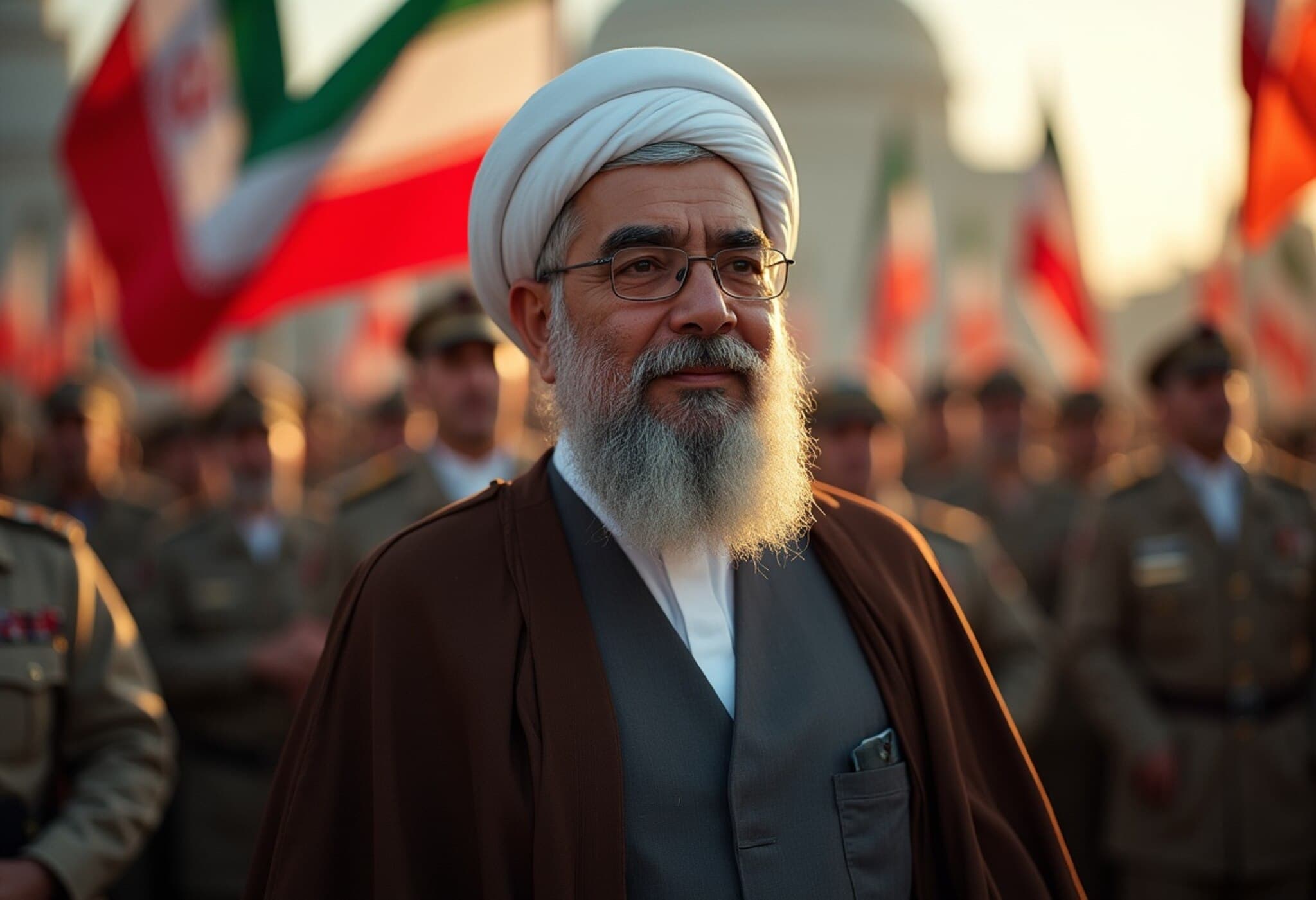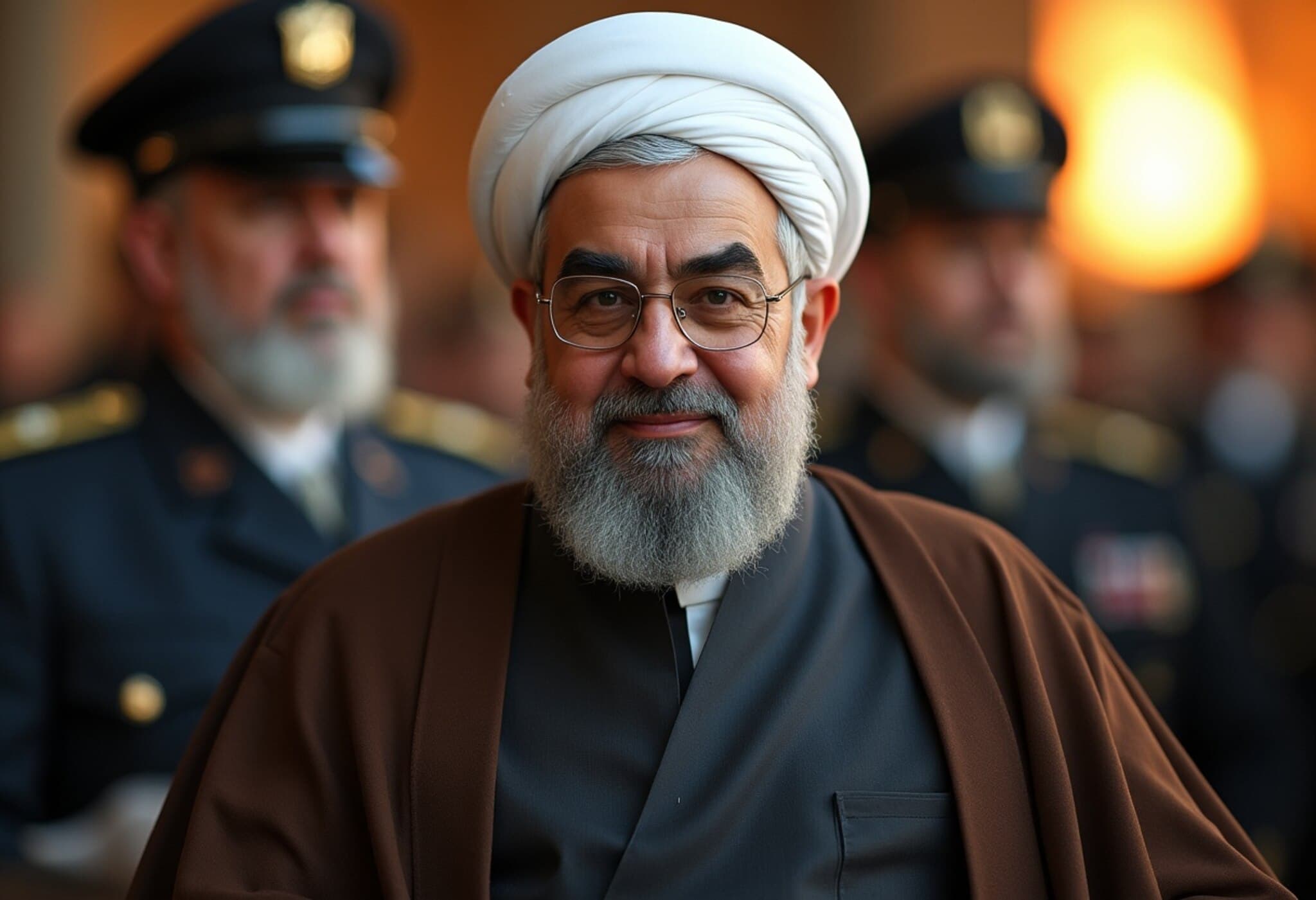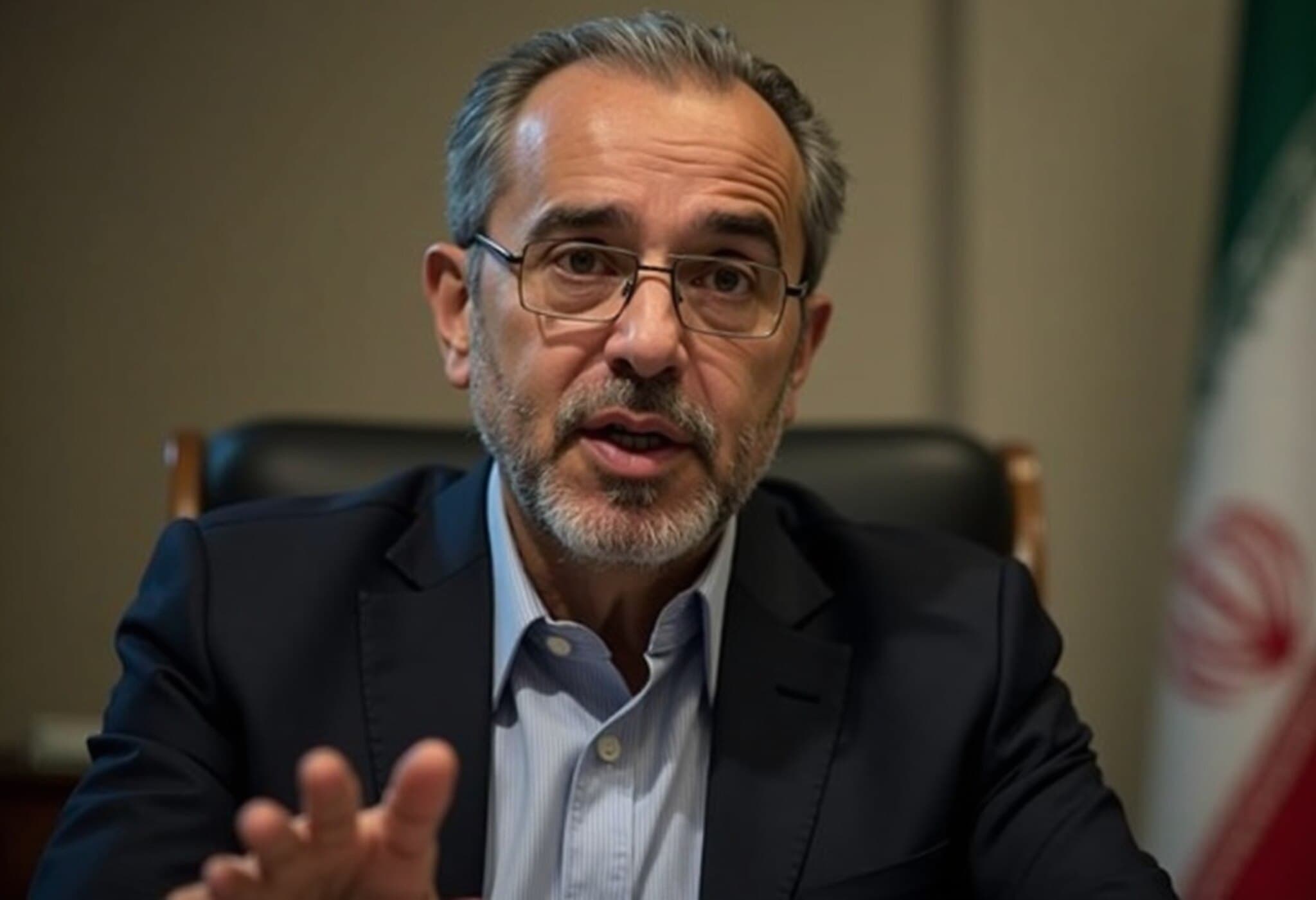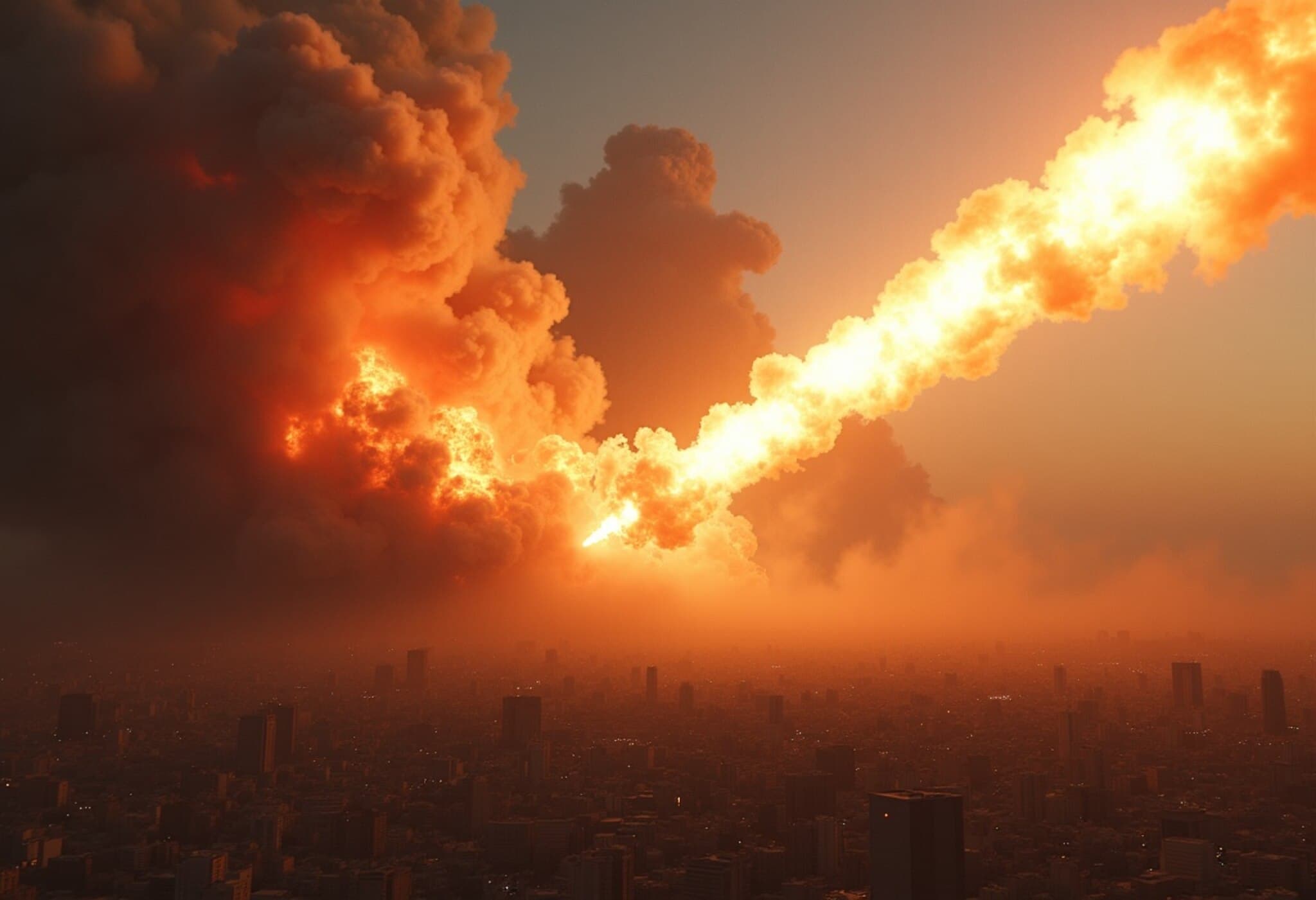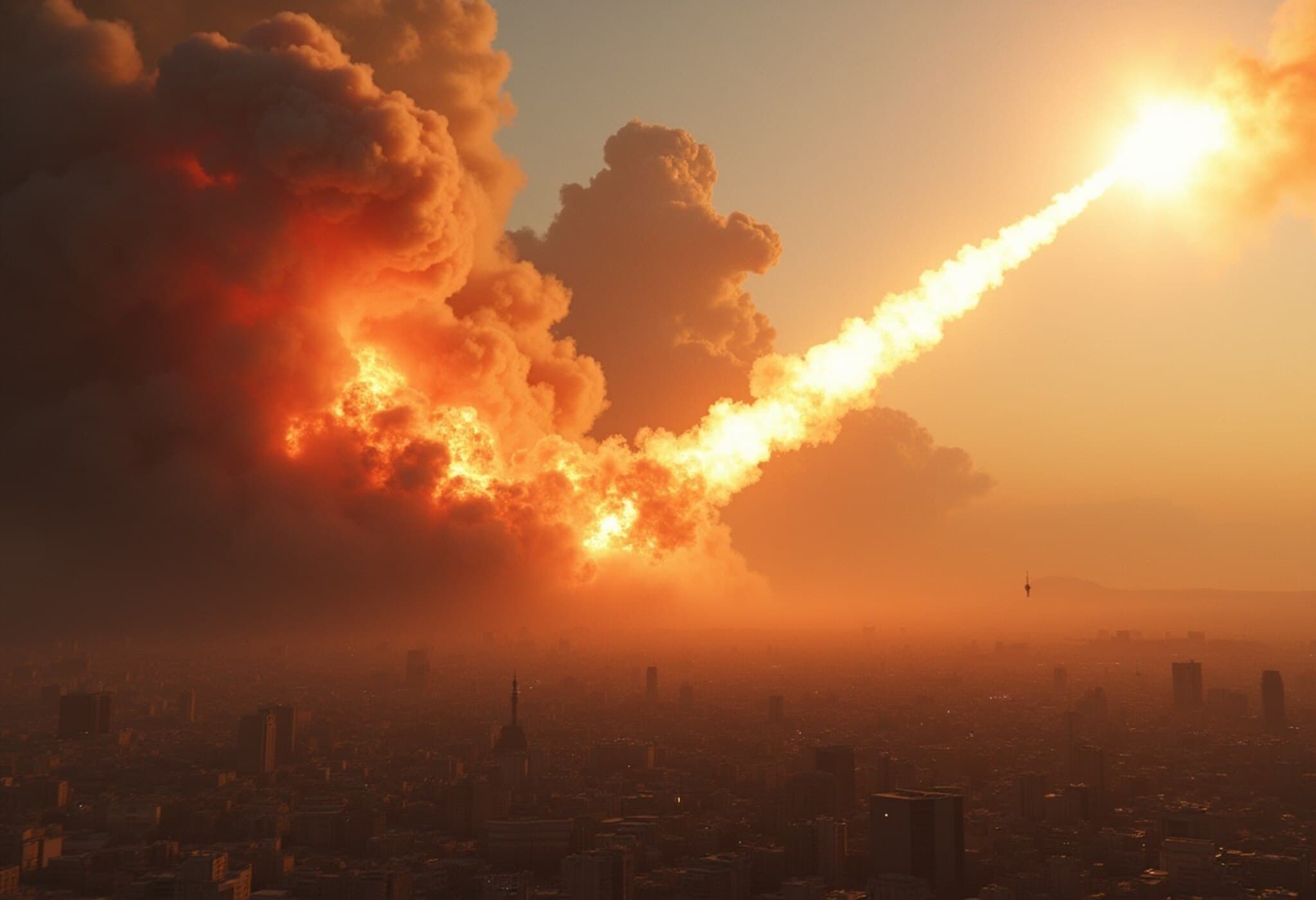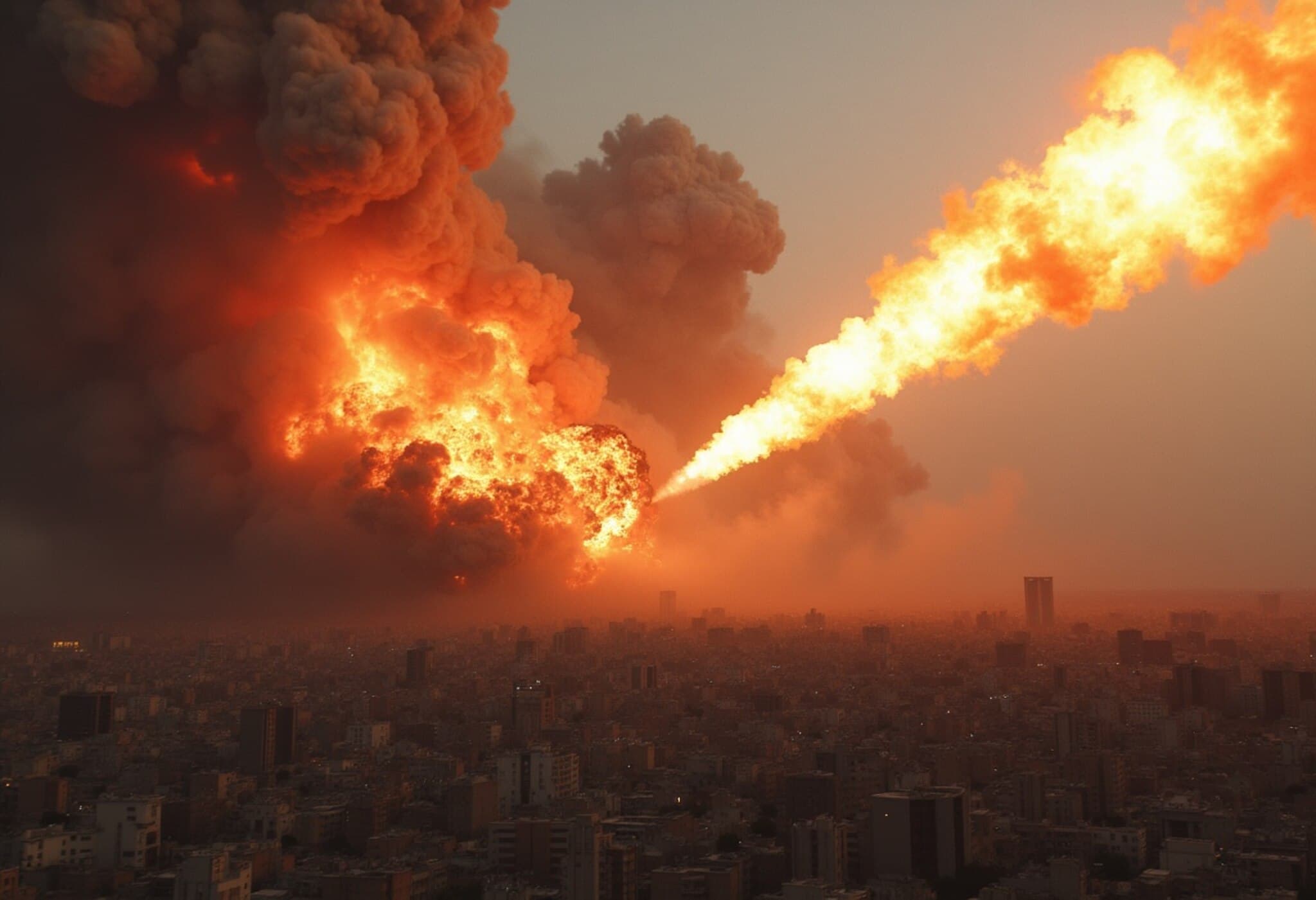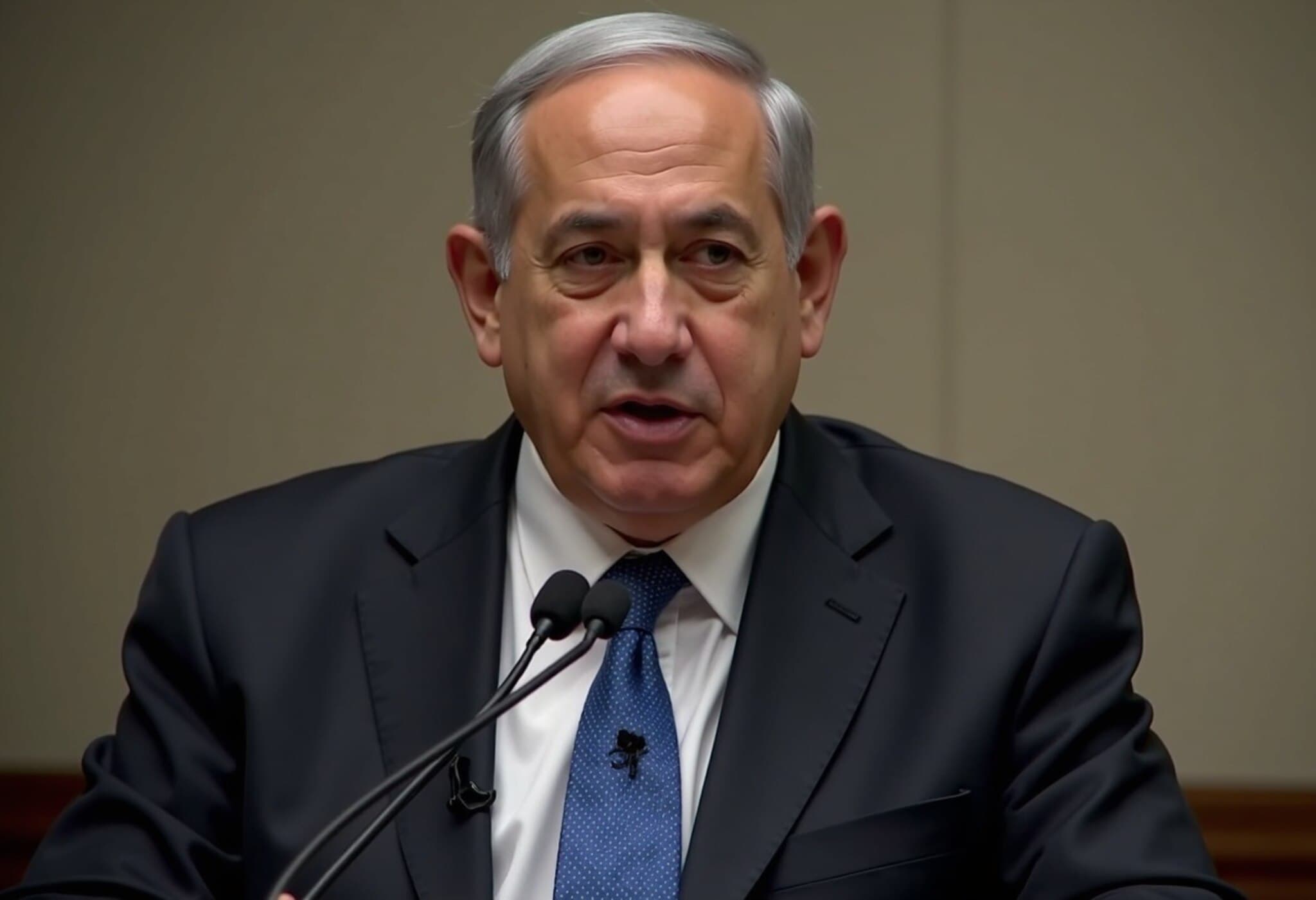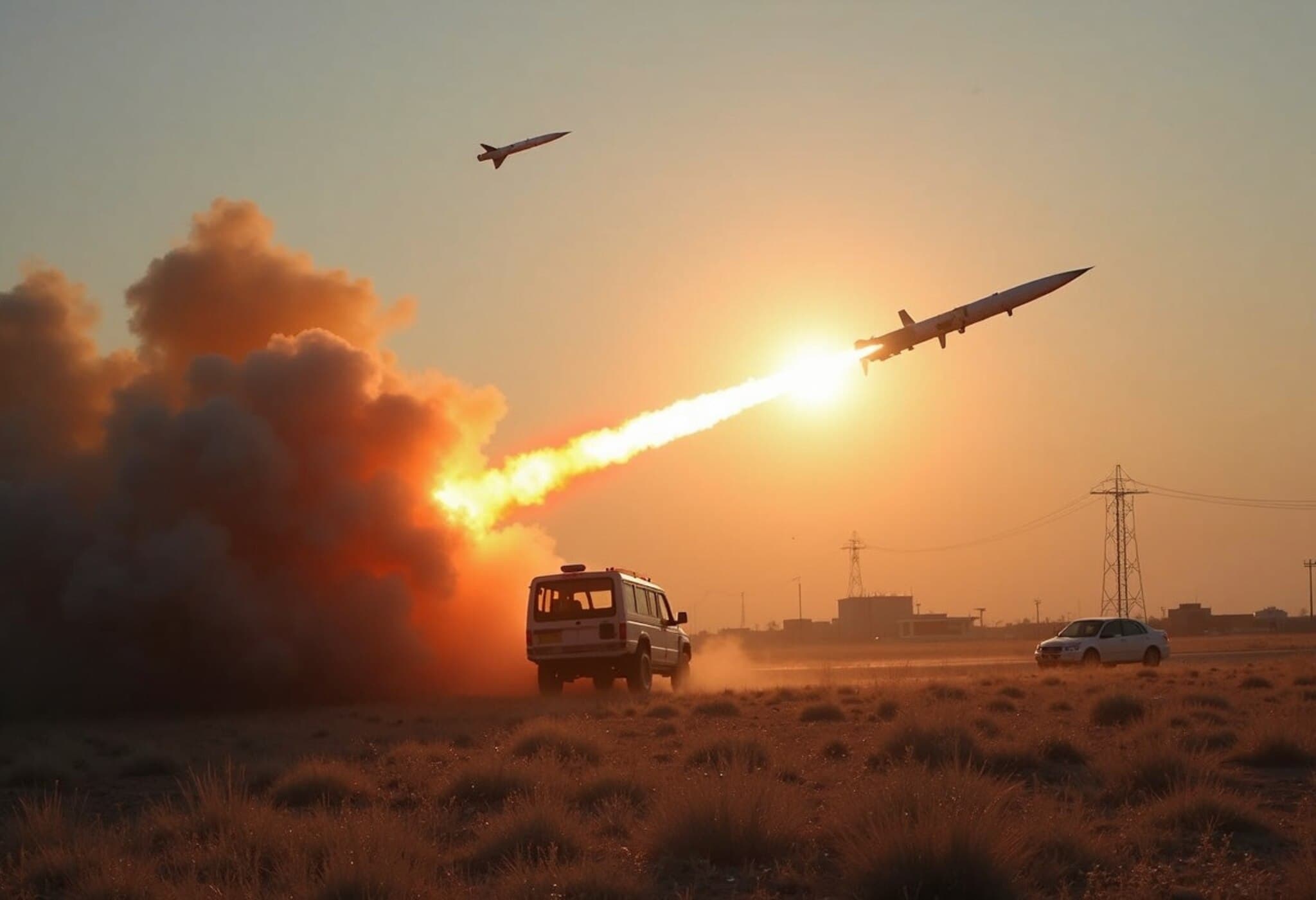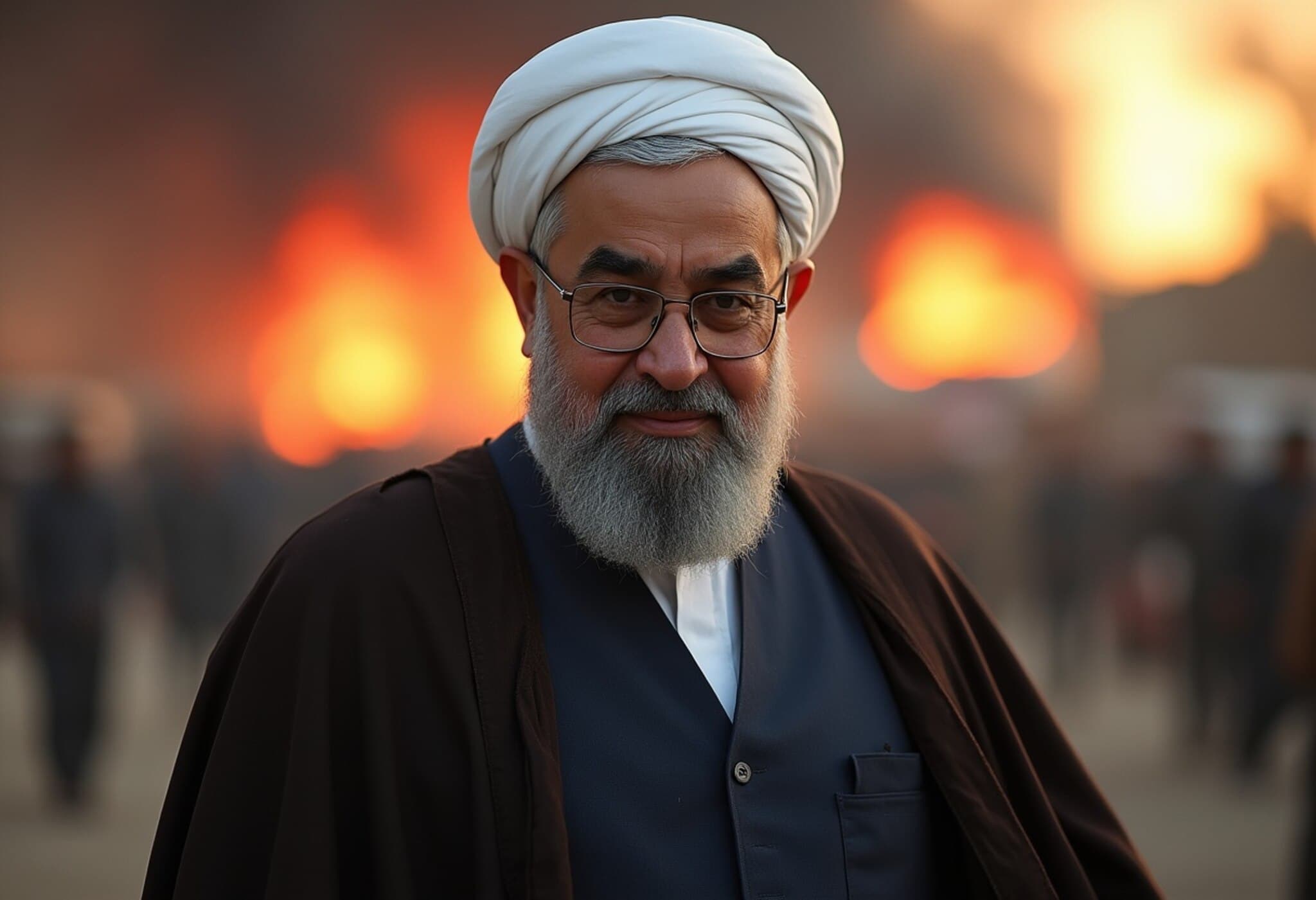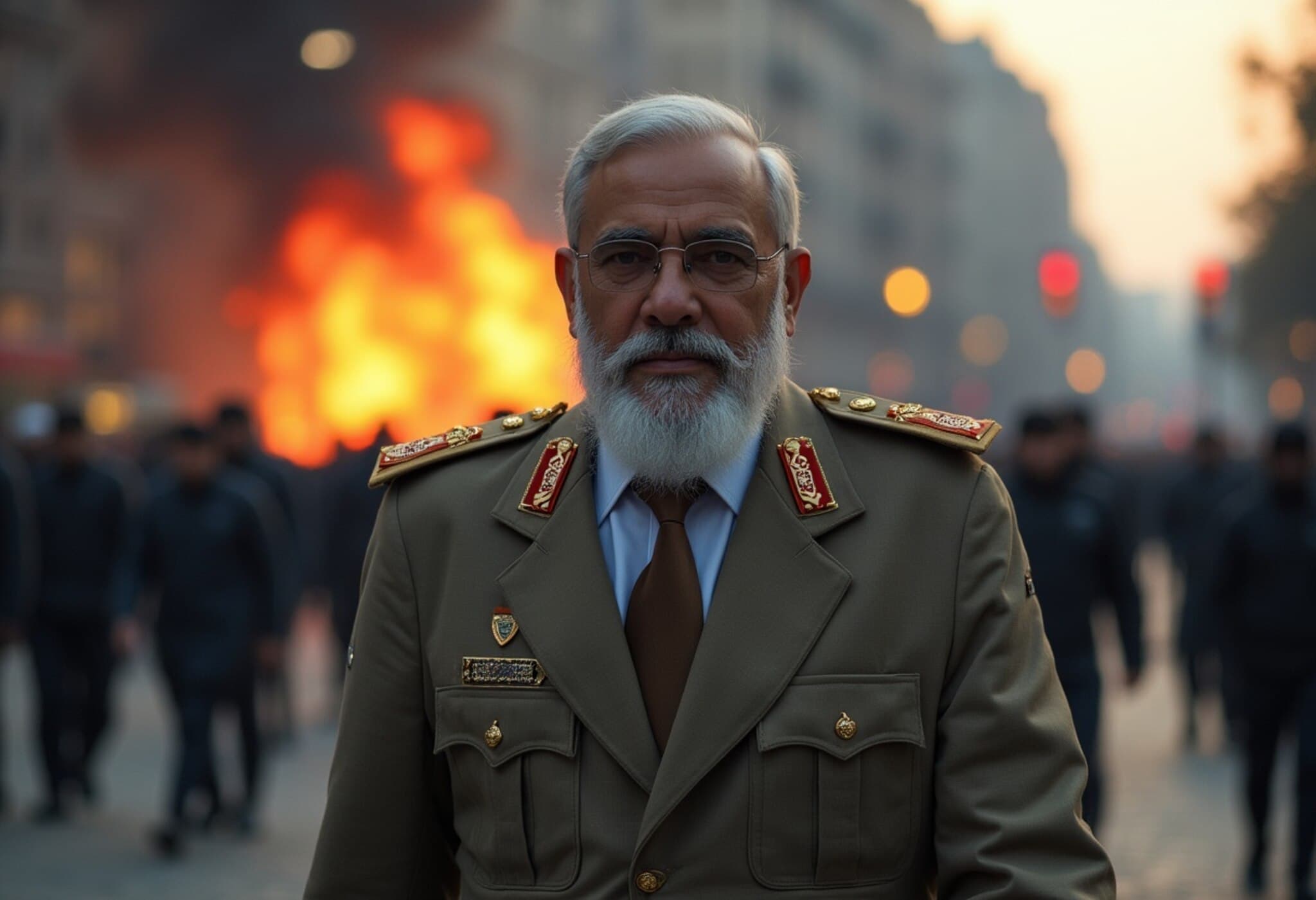The Rise and Fall of an Alliance
Iran and Israel, two nations now locked in decades of hostility, were once unexpected allies. Following Israel’s establishment in 1948, Iran was among the earliest countries to recognize the new state. This partnership thrived under Iran’s Shah, who viewed Israel as a strategic ally to counterbalance rival Arab nations in the Middle East.
During this period, the two countries collaborated extensively: Israel provided agricultural expertise, military training, and technical support, while Iran, rich in oil, supplied fuel to a burgeoning Israeli economy. Iran also proudly hosted the world’s second-largest Jewish community outside Israel. However, this harmonious relationship began to unravel rapidly after the dramatic political changes sweeping Iran in the late 1970s.
The 1979 Islamic Revolution: A Turning Point
The 1979 Islamic Revolution, spearheaded by Ayatollah Ruhollah Khomeini, transformed Iran’s political landscape and completely severed ties with Israel. The new Islamic Republic vehemently condemned Israel’s policies, especially its occupation of Palestinian territories, positioning itself as a staunch opponent of the Israeli state.
This shift was partly driven by the revolutionary leadership’s desire to gain favor with regional Arab populations and to expand Iran’s influence in the Middle East. Iran’s support for militant groups, particularly Hezbollah in Lebanon, which emerged from Iranian Revolutionary Guard initiatives during the early 1980s, reflects this strategic goal.
Under the current Supreme Leader, Ayatollah Ali Khamenei, hostility toward Israel remains uncompromising. The regime’s rhetoric often includes Holocaust denial, further exacerbating tensions and deepening divisions.
Contemporary Perspectives Within Iran
Despite official policies, dissenting voices within Iran question the enduring hostility toward Israel. Some prominent Iranians argue that this adversarial stance is outdated and detrimental to Iran’s standing internationally. For instance, Faezeh Hashemi Rafsanjani, daughter of a former president and former parliamentarian, has criticized the regime’s inconsistent foreign relations—highlighting Iran’s ties with China and Russia despite their oppression of Muslim minorities.
Similarly, political analysts like Sadegh Zibakalam have voiced concerns that Iran’s confrontational approach isolates the nation on the global stage.
On the other hand, supporters of the Islamic Republic insist on maintaining a defiant posture against Israel. Recently, frustrations have surfaced within the so-called Axis of Resistance, as some question Iran’s hesitance to directly retaliate against Israel amidst escalating conflicts, challenging Iran’s credibility as a leading champion of the Palestinian cause.
Looking Ahead: A Complex Relationship
The conflict between Iran and Israel is deeply rooted in ideology, regional power dynamics, and shifting political alliances. While past cooperation shows that rapprochement is possible, decades of entrenched animosity and conflicting agendas make reconciliation a daunting prospect.
Understanding this fraught history is key to grasping the ongoing geopolitical tensions that continue to shape the Middle East.

